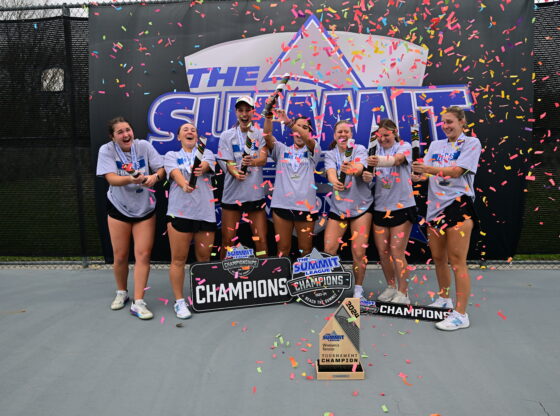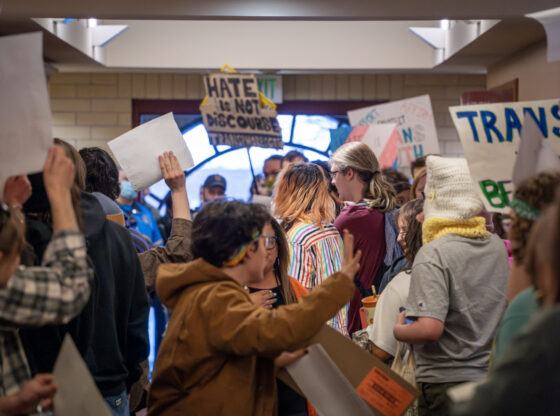Last year the Colo. Senate passed a bill banning the use of harmful representations of indigenous Americans as mascots in Colo. public schools and charter schools, a controversial decision that has generated a lot of criticism from alumni of long-standing institutions that are hesitant to accept the change. Through careful community conversations and shirt sales these schools were able to make the change in favor of more inclusive monikers. So, why the hesitancy with DU?
The history of the pioneer moniker is not as innocent as Chancellor Haefner claims; it is not a symbol of persevering, or “pioneering,” it is a symbol of a brutal genocide. For years indigenous students and alumni of the Native Student Alliance, along with allies, have been calling for a change in the hurtful mascot and name the university continues to uphold despite its clear racist undertones. Now, high school names are being held to a higher standard than one of the oldest universities in the state.
While DU’s pioneer mascot may not be as directly offensive as some of the now-banned public school mascots, many of the bill’s outlined reasons for change apply directly to the consequences of the pioneer name as well:
“The presence and use of derogatory American Indian mascots across Colorado creates an unsafe learning environment for American Indian students by having serious negative impacts on those students’ mental health and by promoting bullying of American Indian students.”
DU students have seen firsthand how this affects Native American students with the harm done to a tipi on campus last year. Several DU students were ignorant and hurtful, stealing and harming part of a tipi. NSA students explained that tipis are considered a member of the indigenous community as a safe and respected relative. The “vandalism”—as Chancellor Haefner called it—that took place last year demonstrates just how harmful the pioneer moniker can be. It creates an environment that excuses bullying and othering indigenous American students for the sake of keeping an outdated mascot.
The bill concluded with an acknowledgment of how these changes will contribute to healing.
“Therefore, the general assembly declares that passing legislation to retire all American Indian mascots in the state will provide another step toward justice and healing to the descendants of the survivors of the Sand Creek Massacre, most notably the Cheyenne and Arapaho tribes, as well as other American Indians in Colorado who have been harmed or offended by these discriminatory mascots.”
Indigenous American students at DU, some of whom may descend from survivors of the Sand Creek Massacre, deserve to heal too. We owe it to indigenous peoples represented at DU and across Colo. to change the harmful pioneer mascot and take the same steps as these schools to move forward as a community.











